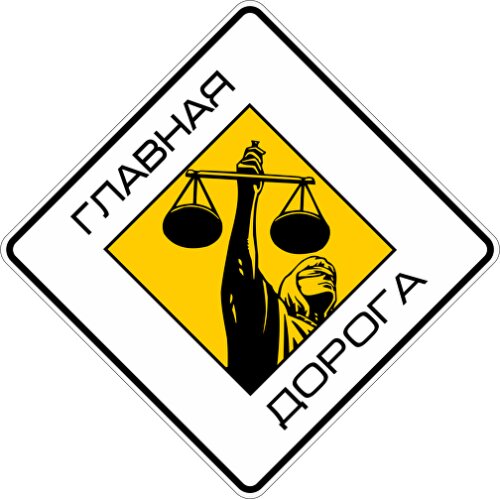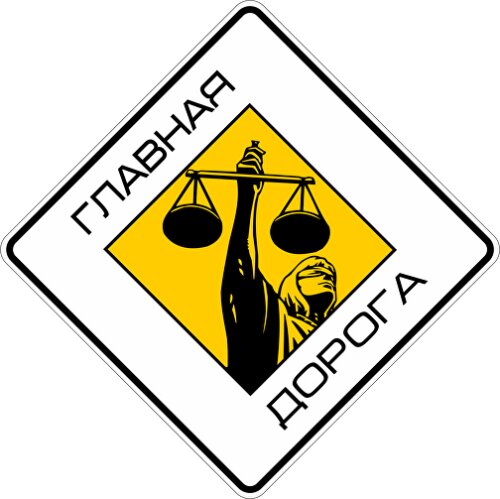Best Birth Injury Lawyers in Russia
Share your needs with us, get contacted by law firms.
Free. Takes 2 min.
Or refine your search by selecting a city:
List of the best lawyers in Russia
About Birth Injury Law in Russia
Birth injury law in Russia relates to legal procedures and recourse for injuries or damages incurred during childbirth, either to the mother or the newborn. These injuries can arise due to negligence or malpractice by medical professionals during delivery. The Russian legal system provides avenues for individuals to pursue compensation or justice if a birth injury occurs. This area of law requires specialized knowledge of both legal procedures and medical practices.
Why You May Need a Lawyer
Having a lawyer with expertise in birth injury cases can be essential in various situations. You may need legal help if there are complications during delivery that result in harm to the mother or child, if there is a suspected case of medical negligence or malpractice, or if navigating the complex Russian legal system feels overwhelming. A lawyer can help gather necessary medical records, consult with medical experts, negotiate with insurance companies, and represent your interests in court if needed.
Local Laws Overview
Birth injury cases in Russia fall under the broader category of medical malpractice law, guided by the Civil Code of the Russian Federation. Key aspects include proving negligence on part of healthcare providers, establishing a direct link between the medical professional's actions and the injury, and providing expert medical testimony to support claims. Russian law also mandates specific timelines for filing a claim and may require mediation procedures before proceeding to court.
Frequently Asked Questions
What constitutes a birth injury under Russian law?
Under Russian law, a birth injury refers to any harm or damage suffered by the mother or infant due to negligence or substandard care during pregnancy, labor, or delivery.
How do I prove medical negligence in a birth injury case?
To prove medical negligence, you must demonstrate that the healthcare provider deviated from accepted medical standards and that this deviation directly caused the injury.
What compensation can I claim for a birth injury?
Compensation in birth injury cases can cover medical expenses, rehabilitation costs, pain and suffering, and, in severe cases, lifelong care for the injured child.
How long do I have to file a birth injury lawsuit in Russia?
The statute of limitations for filing a birth injury claim in Russia is generally three years from the date when the injury was discovered, with potential extensions in certain circumstances.
Can I settle a birth injury claim out of court?
Yes, many birth injury claims are resolved through settlements negotiated outside of court, often with the assistance of legal professionals and mediators.
What role does medical expertise play in a birth injury claim?
Medical experts are crucial in providing testimony to establish the standard of care and determine whether negligence occurred, and to assess the extent of injuries sustained.
Is it possible to hold the hospital accountable for a birth injury?
Yes, if the hospital's system failures or staff negligence contributed to the injury, they could be held liable in addition to individual healthcare providers.
Are there any mandatory procedures before filing a lawsuit?
In some cases, mediation or pre-trial negotiations may be required before initiating a lawsuit to attempt to resolve the dispute amicably.
What if the birth injury was due to a rare complication?
If a birth injury is due to a rare but unavoidable complication, demonstrating medical negligence might be challenging, but a lawyer can help assess whether all preventative measures were appropriately taken.
Is legal aid available for birth injury cases?
Legal aid may be available, depending on income and the specifics of the case; consulting a lawyer initially can help clarify eligibility for such services.
Additional Resources
For more information or assistance, you may consider reaching out to the Ministry of Health of the Russian Federation, local health departments, or organizations such as the Association for Patients' Rights Protection which can offer guidance and support for people dealing with medical malpractice issues.
Next Steps
If you believe you have a case related to a birth injury, the first step is to consult with a specialized lawyer in this field. Prepare any relevant medical records or documentation of the injury and attempt to gather detailed accounts of the medical procedures involved. It's important to act quickly due to time limits on filing claims. Seek a lawyer with experience in Russian medical malpractice law to review your case and provide appropriate legal advice and representation.
Lawzana helps you find the best lawyers and law firms in Russia through a curated and pre-screened list of qualified legal professionals. Our platform offers rankings and detailed profiles of attorneys and law firms, allowing you to compare based on practice areas, including Birth Injury, experience, and client feedback.
Each profile includes a description of the firm's areas of practice, client reviews, team members and partners, year of establishment, spoken languages, office locations, contact information, social media presence, and any published articles or resources. Most firms on our platform speak English and are experienced in both local and international legal matters.
Get a quote from top-rated law firms in Russia — quickly, securely, and without unnecessary hassle.
Disclaimer:
The information provided on this page is for general informational purposes only and does not constitute legal advice. While we strive to ensure the accuracy and relevance of the content, legal information may change over time, and interpretations of the law can vary. You should always consult with a qualified legal professional for advice specific to your situation.
We disclaim all liability for actions taken or not taken based on the content of this page. If you believe any information is incorrect or outdated, please contact us, and we will review and update it where appropriate.
Browse birth injury law firms by city in Russia
Refine your search by selecting a city.













